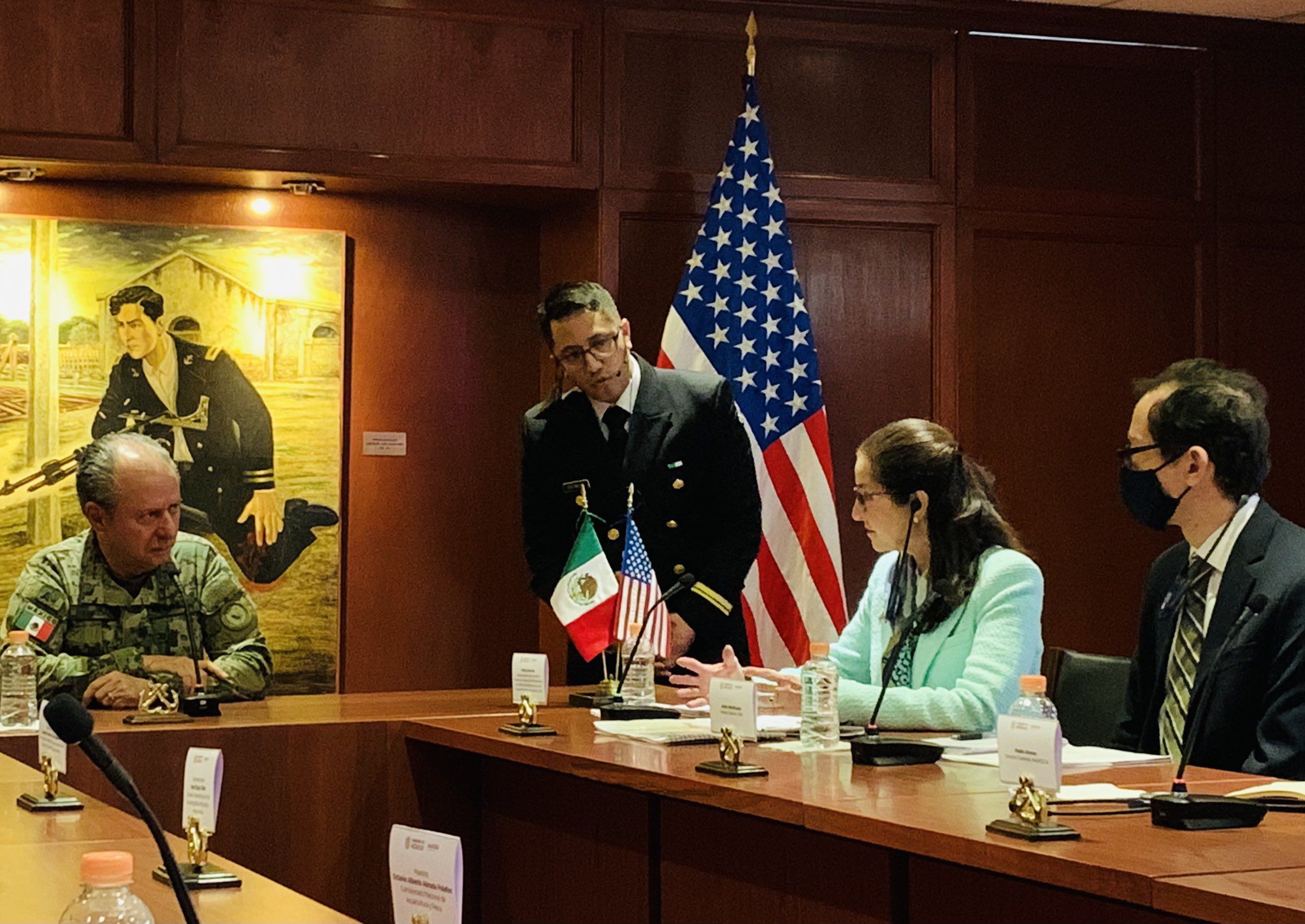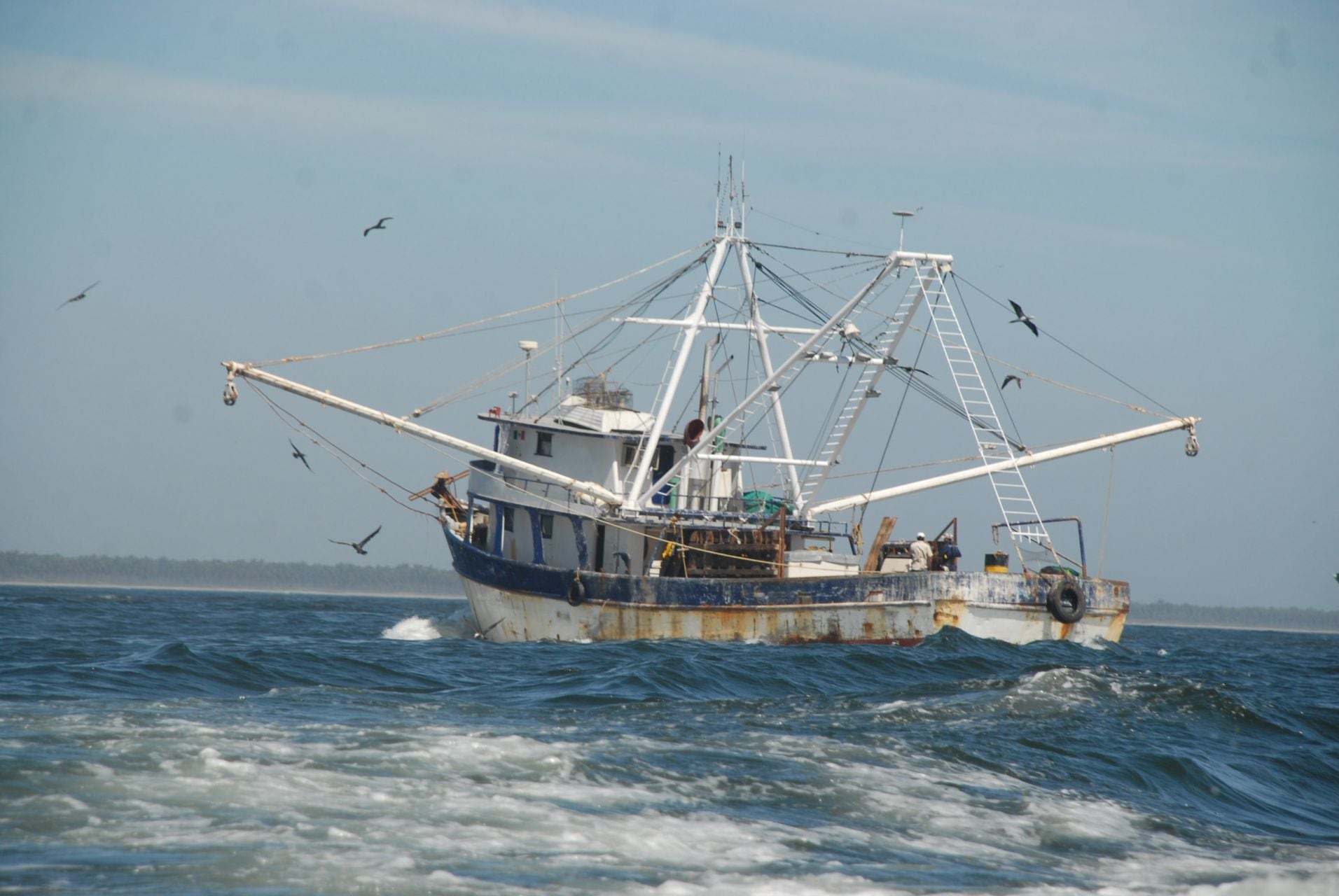
The protection of marine ecosystems threatened by plastic pollution and illegal, unreported and unregulated fishing was one of the topics that the United States Assistant Secretary of State for Oceans and International Environmental and Scientific Affairs, Monica Medina, reviewed during her visit of three days to Mexico that ended this Friday.
Medina was in Mexico City from March 23 to 25 to meet with the Minister of the Environment and Natural Resources (Semarnat), María Luisa Albores; the heads of the Federal Attorney for Environmental Protection (Profepa), Blanca Alicia Mendoza; of the National Commission del Agua (Conagua), Germán Martínez Santoyo, and the National Commission for Protected Nature Reserves (Conanp), Adán Peña Fuentes.
The U.S. Embassy in Mexico explained that these meetings discussed, among other issues, marine conservation and the protection of fragile ecosystems and endangered species, including vaquita and totoaba.

Medina praised Mexico's presentation of Revillagigedo National Park to be part of the network of marine protected areas of the Eastern Tropical Marine Corridor and its acceptance by the Corridor Secretariat.
He also met with the Secretary of the Navy (Semar), José Rafael Ojeda, and leaders of the National Commission for Aquaculture and Fisheries (Conapesca) and the National Institute of Fisheries (Inapesca), with whom he addressed the problem of illegal, unreported and unregulated fishing, which threatens the livelihoods of coastal communities that depend on sustainable fish stocks for income and food security.
The US official met with Undersecretary for Multilateral Affairs and Human Rights, Martha Delgado, with whom she discussed issues such as protecting the planet and nature conservation and responsible leadership on regional and global issues such as the climate crisis.

Another meeting, Medina discussed with the director of the Mexican Space Agency (AEM), Salvador Landeros, the deepening and strengthening of the US space collaboration with Mexico.
Mexico signed the Artemis Accords in 2021, joining nations around the world to commit to sustainable, peaceful and responsible space exploration.
In addition, Medina led a roundtable discussion with women working in the fields of science, technology, engineering and mathematics in which she noted that additional opportunities for women in those fields are important for the advancement of science in both Mexico and the US.
Últimas Noticias
Debanhi Escobar: they secured the motel where she was found lifeless in a cistern

The oldest person in the world died at the age of 119

Macabre find in CDMX: they left a body bagged and tied in a taxi
The eagles of America will face Manchester City in a duel of legends. Here are the details

Why is it good to bring dogs out to know the world when they are puppies




